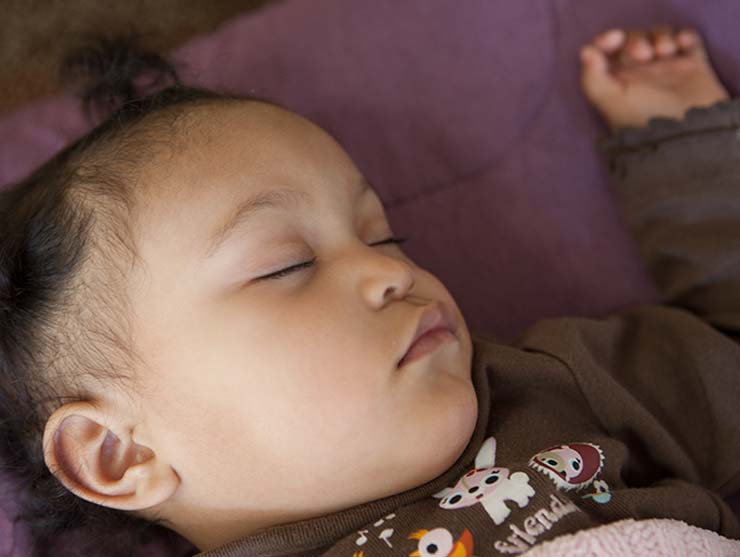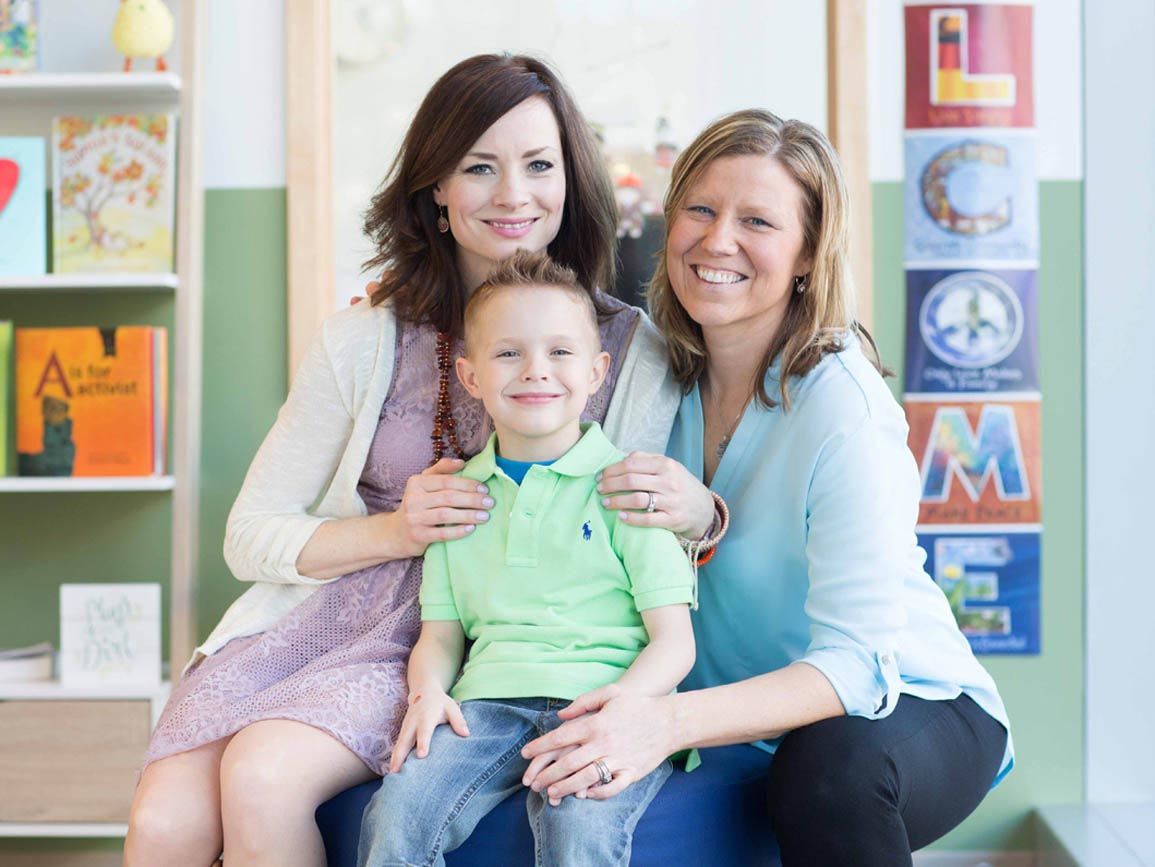Today's post is courtesy of Whitney Roban, Ph.D., a pediatric sleep specialist and wellness educator.
In my Pediatric Sleep Consultancy, the most common sleep issues center around bedtime. A process that should take 15 minutes maximum and be a calming way to end the day is, instead, often sought with arguments, tears, and battles lasting hours in length. Fortunately, bedtime can be a happy time in every home as long as parents maintain commitment and consistency. Here are my top 10 tips to avoid bedtime battles.
10 Tips To Help Kids Get More Sleep
- Set an age-appropriate bedtime and be consistent with this set bedtime. Typically, children from 4 months through 6 years of age should get 11-12 hours of uninterrupted sleep per night. Children ages 7-12 years should ideally get 10-11 hours of nighttime sleep. Teenagers need 9-10 hours of sleep at night.
- Wind down before bedtime. After dinner is a good time to start winding down any stimulating behaviors such as rough and tumble play. If bath time is relaxing for your child, make that part of the early evening routine. It is also a good idea to dim the lights inside the home, put on soothing music, and cease the use of electronic devices at least one hour before bedtime.
- Create a sleep environment in your child’s room that is conducive to sleep. Make sure the room is quiet, dark, safe, and non-stimulating.
- Prepare for bedtime. Make sure you have everything that you and your child will need for the bedtime routine and for sleep in your child’s room before you begin the routine. This will prevent you or your child from leaving the room once bedtime has officially begun.
- Put digital clocks in your living room and the child’s bedroom. Having a concrete way for a child to see that it is time to go to sleep gives the child a sense of control over the bedtime experience.
- Create a brief, consistent, and non-stimulating bedtime routine. Bedtime routines lower the anxiety levels for both children and adults, as everyone knows what is going to come next. A bedtime routine may consist of feeding, books and some special cuddle time.
- Start your child’s bedtime routine early enough so that your child falls asleep before becoming overtired. No bedtime routine should be longer than 15 minutes in length. Therefore, if you want your child asleep at 7:00 you should start bedtime at 6:30. This allows enough time for the routine and for your child to drift off peacefully to sleep.
- Children should typically be put down awake. They should be aware of you leaving the room and be able to soothe themselves to sleep in a quick and peaceful manner. This will allow a child the ability to self-soothe during the night if there is a night waking not due to an illness or injury.
- For older children, make sure that bedtime conversation is focused around positive and happy thoughts. You can add a “the best part of my day was” topic to your nightly talks before sleep. Set up a specific “talk time” during the day for discussions focused around anything troubling your child. Your child should know that you will be available to discuss fears and anxieties, but bedtime is reserved for talk focused around things that make us smile.
- Create a sleep rule reward chart. Choose the one most important sleep rule of your child’s and write it on the chart. Your child can help you decorate the chart so that he or she feels part of the sleep process. Take your child to a 99 cent type store and pick out a treasure chest to fill with exciting treats. At wake up time, if your child has followed the sleep rule, he or she gets to put a sticker on the chart and choose a reward from the treasure chest.
Editor's Note: This post was originally published in 2014 but has since been updated.
Founder of Solve Our Sleep and SLEEP WELL/WORK WELL, Dr. Whitney Roban considers sleep a necessity, not a luxury. She lives and works by one philosophy: parenting is one of the hardest jobs, made even more difficult when a family doesn’t sleep. Her mission is to give the gift of sleep to families through her information dissemination and emotional support-based sleep training system, as well as her parent and corporate wellness education workshops. She currently lives in New York with her two children, ages 10 and 12. Dr. Roban is now devoting her time away from her two very well rested sons to help other parents and caregivers struggling with childhood sleep problems.
More on Sleep
- Parent Webinars: Good Nights, Great Days – How to Help the Whole Family Get Some Sleep
- Read more posts about sleep and posts about family health from the Family Room bloggers.





